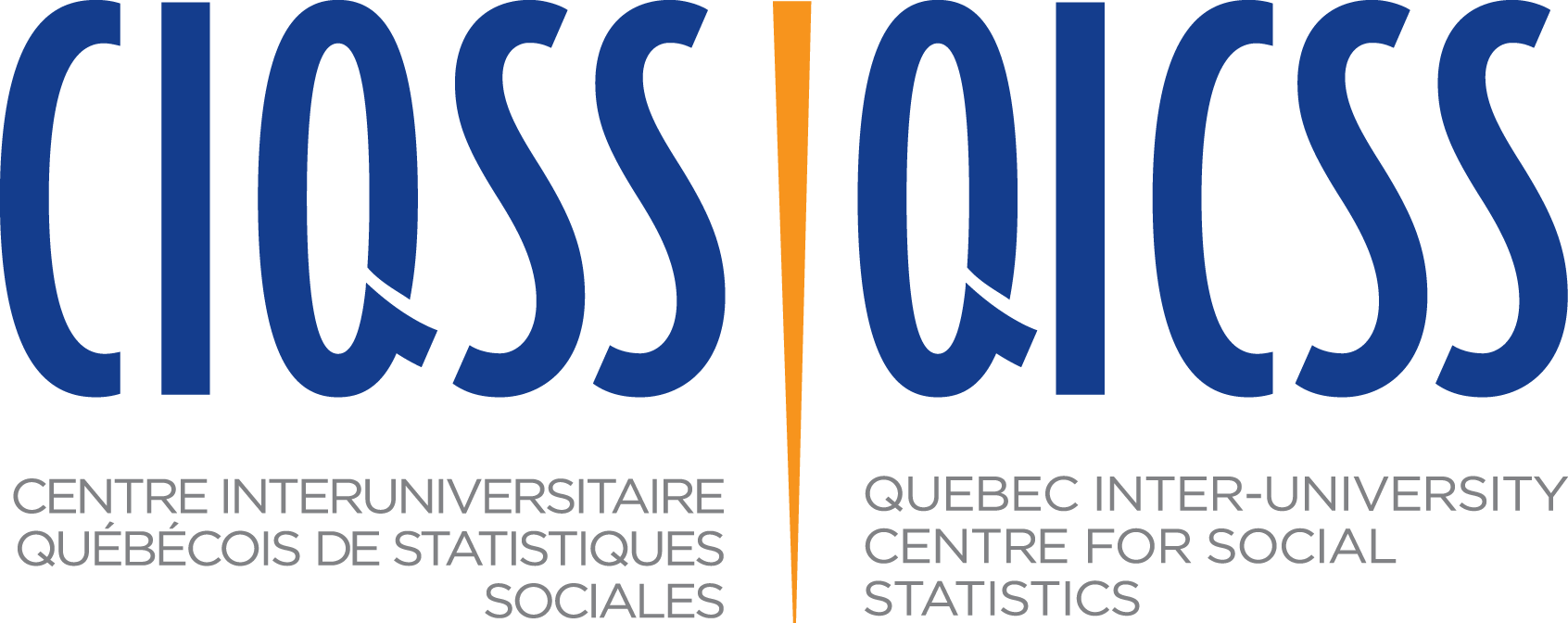Concept and application of multilevel statistical methods to health, social science and geographical research
Three-day training - From May 7 to 9, 2018
Course Description
This course is designed to provide you with training in the concept and application of multilevel statistical modeling. You will be motivated to think about correlated and dependent data structures that arise due to sampling design and/or are inherent in the population (such as pupils nested within schools; patients nested within clinics; individuals nested within neighborhoods and so on).
The substantive purpose of this course is to enable quantitative assessments of the role of contexts (e.g., schools, clinics, neighborhoods) in predicting individual outcomes. This will be accomplished by developing a range of multilevel models along with a detailed discussion of the statistical properties and the interpretation of each model. The course would give a thorough consideration of normal theory two-level linear models along with an introduction to more advanced topics including three-level structures, multilevel logistic models, estimation properties as well as multiple membership and cross-classified hierarchies. Empirical presentations will focus on multilevel analysis using MLwiN – a specialized software to handle models with complex data structures.
Trainers
 S V Subramanian, PhD, is a Professor of Population Health and Geography at Harvard University, and Director of a University-wide Initiative on Applied Quantitative Methods in Social Sciences. He was also the Founding Director of Graduate Studies for the interdisciplinary PhD program in Population Health Sciences. He received his under- and post-graduate training at the University of Delhi, and completed his PhD in geography from the University of Portsmouth, UK. Working in collaborations with scholars across the world, he has published over 500 articles, book chapters, and books in the field of social and contextual determinants of health, health inequalities in India, and applied multilevel statistical models. He was named among Thomson Reuters Highly Cited Researchersin 2015 and 2016. His current research interests include exploring the role of individual heterogeneity in population health narratives, the reciprocal association between neighborhoods and health; and understanding the causes and consequences of undernutrition and development among children in disadvantaged settings. As an educator, Subu was the first to develop a course on the concept and application of multilevel statistical methods at Harvard, which he has been successfully teaching at Harvard since 2001, as well as around the world. He has advised over 100 masters, doctoral and postdoctoral students as mentor, academic advisor and dissertation committee member. Subu is the Co-Editor-in-Chief for the international journal Social Science & Medicine(SSM), in addition to be being a Co-Senior Editor for the social epidemiology office of SSM. He is also the founding Co-Editor-in-Chief of a new journal SSM – Population Health. He is an editorial consultant to The Lancet, and an international advisory board member for the Lancet Global Health.
S V Subramanian, PhD, is a Professor of Population Health and Geography at Harvard University, and Director of a University-wide Initiative on Applied Quantitative Methods in Social Sciences. He was also the Founding Director of Graduate Studies for the interdisciplinary PhD program in Population Health Sciences. He received his under- and post-graduate training at the University of Delhi, and completed his PhD in geography from the University of Portsmouth, UK. Working in collaborations with scholars across the world, he has published over 500 articles, book chapters, and books in the field of social and contextual determinants of health, health inequalities in India, and applied multilevel statistical models. He was named among Thomson Reuters Highly Cited Researchersin 2015 and 2016. His current research interests include exploring the role of individual heterogeneity in population health narratives, the reciprocal association between neighborhoods and health; and understanding the causes and consequences of undernutrition and development among children in disadvantaged settings. As an educator, Subu was the first to develop a course on the concept and application of multilevel statistical methods at Harvard, which he has been successfully teaching at Harvard since 2001, as well as around the world. He has advised over 100 masters, doctoral and postdoctoral students as mentor, academic advisor and dissertation committee member. Subu is the Co-Editor-in-Chief for the international journal Social Science & Medicine(SSM), in addition to be being a Co-Senior Editor for the social epidemiology office of SSM. He is also the founding Co-Editor-in-Chief of a new journal SSM – Population Health. He is an editorial consultant to The Lancet, and an international advisory board member for the Lancet Global Health.
 Alexandre Lebel, PhD, has a background in physical geography and in geographical information systems. He did his PhD in urban planning at Laval University on the social and spatial health disparities, and on the geography of overweight in Quebec (2010). He further studied these topics during a postdoctorat at the Harvard School of Public Health (2012) using multilevel analysis.
Alexandre Lebel, PhD, has a background in physical geography and in geographical information systems. He did his PhD in urban planning at Laval University on the social and spatial health disparities, and on the geography of overweight in Quebec (2010). He further studied these topics during a postdoctorat at the Harvard School of Public Health (2012) using multilevel analysis.
He currently teaches public health at the Graduate School of Urban Planning and Land Management at Laval University, and is developing a research platform on population health and obesity prevention at the Quebec Heart and Lung Institute Research Center.
Registration fees
$400 - Student or postdoctoral fellow
(from a QICSS member institution*)
$600 - Student or postdoctoral fellow
(registered at other institutions)
$800 - University professor and/or researcher
(from a QICSS member institution*)
$1100 - Any other category
(other institutions)
Registration fees must be paid by credit card. Federal and Provincial taxes are not included.
Registration
A minimum of 15 participants is required to run the workshop (maximum 20). Registered participants will be refunded if the minimum enrolment is not met.
Notes:
* QICSS’ member institutions: Université de Montréal, McGill University, Concordia University, UQAM, INRS-UCS, Université de Sherbrooke, Université Laval, Université du Québec à Montréal and Université du Québec.
** QICSS users have a project to access data in one of the six QICSS laboratories or have submitted a proposal for microdata access to the SSHRC.



